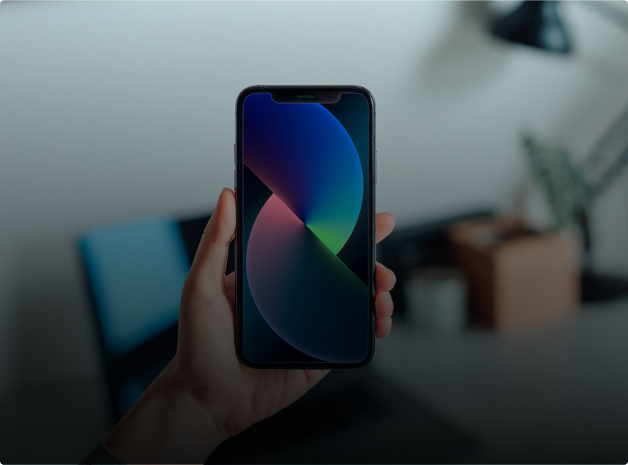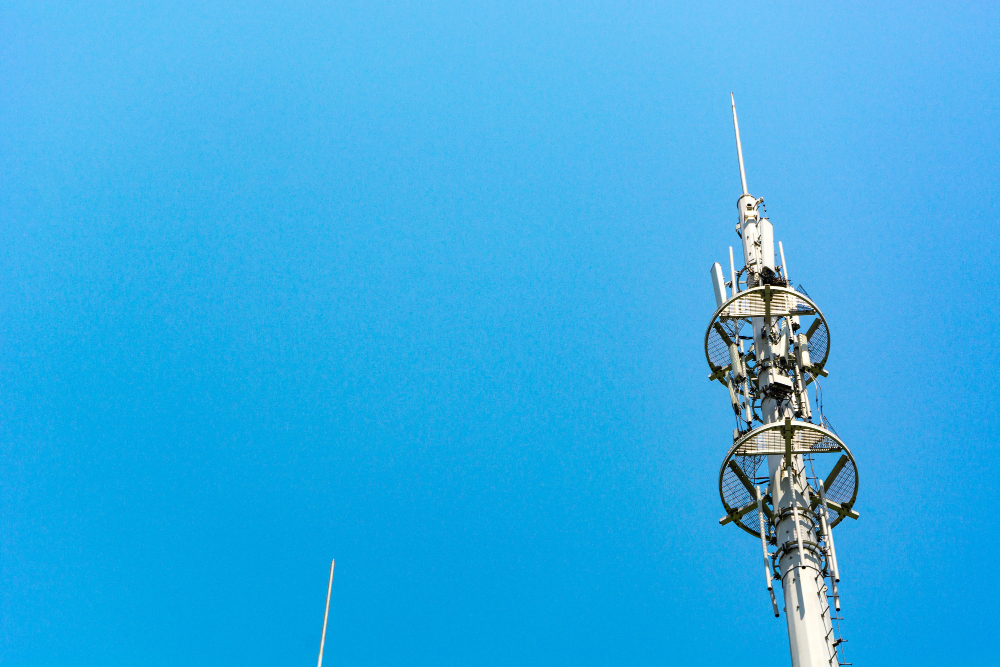
Explore our top-rated Mobile Signal Boosters, where we rigorously test and evaluate the latest models in our lab. We compile expert opinions and consumer reviews to present you with the top 5 winners. Stay connected effortlessly with our in-depth insights.



Explore our top-rated Mobile Signal Boosters, where we rigorously test and evaluate the latest models in our lab. We compile expert opinions and consumer reviews to present you with the top 5 winners. Stay connected effortlessly with our in-depth insights.



Explore our top-rated Mobile Signal Boosters, where we rigorously test and evaluate the latest models in our lab. We compile expert opinions and consumer reviews to present you with the top 5 winners. Stay connected effortlessly with our in-depth insights.



